-
‘Electrocaloric’ heat pump could transform air conditioning

Air conditioners around the world compress and vaporize environmentally damaging gases to cool and heat air. But a new heat pump technology could change all that.Credit: Kuni Takahashi/Getty The use of environmentally damaging gases in air conditioners and refrigerators could become redundant if a new kind of heat pump lives up to its promise. A…
-
Numerical analysis of 40 MW HTS motor electromagnetic characteristics for ship electric propulsion
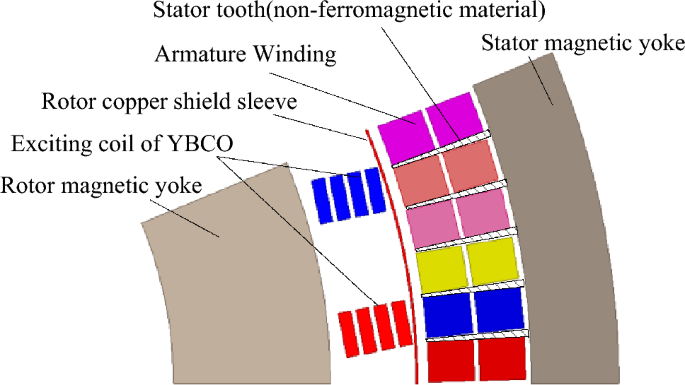
Abstract In recent years, with the development of ship electric propulsion system, High Temperature Superconducting (HTS) motors have gained attention as a promising potential resolution due to their high-power density and the progression of cryogenic refrigeration technology. We present an electromagnetic characteristics numerical analysis of 40 MW, 120 rpm, HTS synchronous motor which is a semi-superconducting motor:…
-
We need a decolonized appropriation of AI in Africa
Technocoloniality is when the use of technology in a particular way causes a colonial way of thinking that seeks to exert power, control and domination, often to replicate colonial patterns of oppression. For example, digital technologies — such as the internet and mobile telephones — and the process of colonialism can be understood as historically…
-
Monovalent vaccination with inactivated SARS-CoV-2 BA.5 protects hamsters against Omicron but not non-Omicron variants
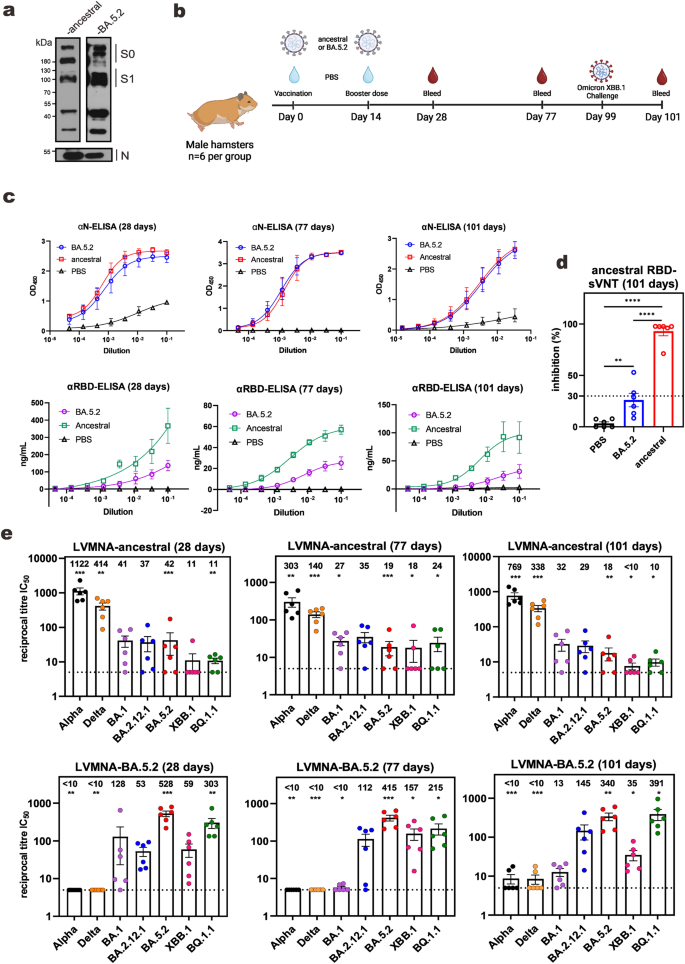
Abstract We compared the protective effects of inactivated SARS-CoV-2 vaccines derived from the ancestral and the currently circulating BA.5.2 strains against infection with multiple variants in Syrian golden hamsters. Vaccination with BA.5.2 effectively protected against infection with the Omicron subvariants including XBB.1, but not the Alpha or Delta variant. In contrast, hamsters vaccinated with the…
-
LLMs differ from human cognition because they are not embodied
Large language models (LLMs) are impressive technological creations but they cannot replace all scientific theories of cognition. A science of cognition must focus on humans as embodied, social animals who are embedded in material, cultural and technological contexts. There is the technological question of whether computers can be intelligent, and also the scientific question of…
-
Research can help to tackle AI-generated disinformation
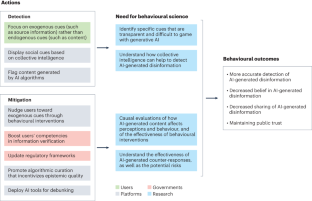
Generative artificial intelligence (AI) tools have made it easy to create realistic disinformation that is hard to detect by humans and may undermine public trust. Some approaches used for assessing the reliability of online information may no longer work in the AI age. We offer suggestions for how research can help to tackle the threats…
-
Association of CD4-positive cell infiltration with response to vedolizumab in patients with ulcerative colitis
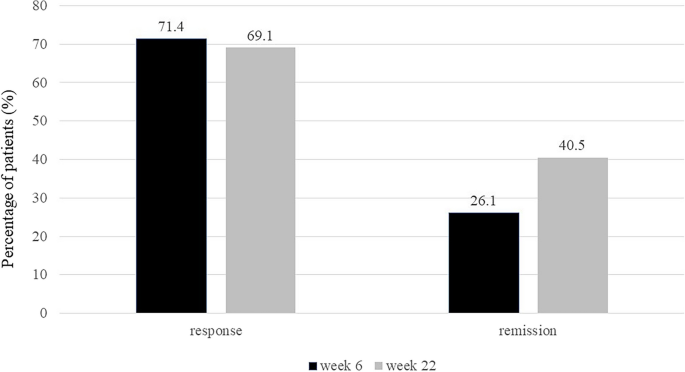
Abstract Not all patients with ulcerative colitis (UC) respond initially to treatment with biologic agents, and predicting their efficacy prior to treatment is difficult. Vedolizumab, a humanized monoclonal antibody against alpha 4 beta 7 (α4β7) integrin, suppresses immune cell migration by blocking the interaction between α4β7 integrin and mucosal addressin cell adhesion molecule 1. Reports…
-
Machine culture

Abstract The ability of humans to create and disseminate culture is often credited as the single most important factor of our success as a species. In this Perspective, we explore the notion of ‘machine culture’, culture mediated or generated by machines. We argue that intelligent machines simultaneously transform the cultural evolutionary processes of variation, transmission…
-
Why we swapped PhD research for secondary-school teaching
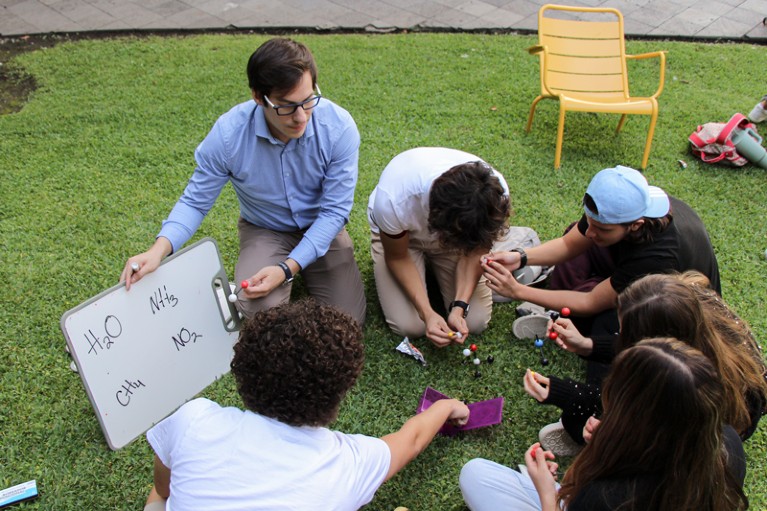
Joaquín Ramírez Ramírez (holding board) enjoys trying out different styles of teaching and seeing what works.Credit: María Paula García Eleven years ago, James Carey swapped life as a postdoctoral researcher in molecular and cellular biology to become a science teacher. He settled into his current role at a small secondary school in Norwell, Massachusetts, in…
-
Migration isn’t increasing, border restrictions don’t reduce crossings — and other home truths
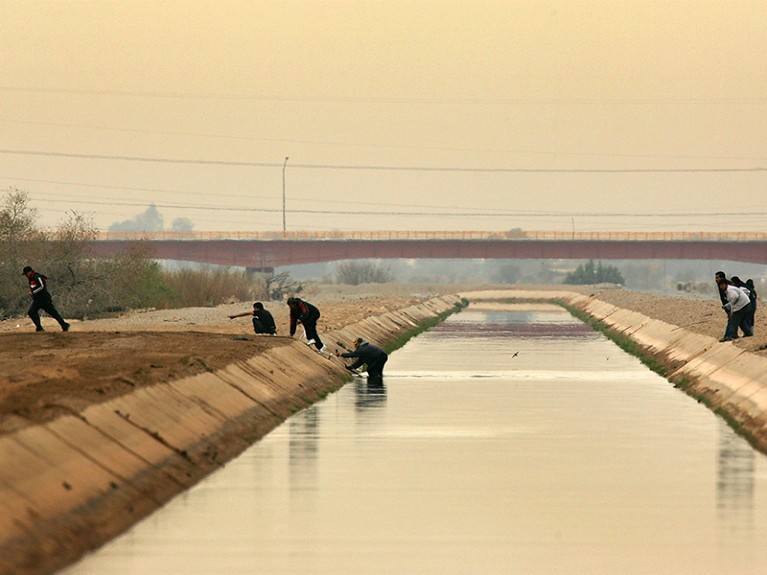
Increased border restrictions only push people to taking riskier routes.Credit: David McNew/Getty How Migration Really Works: A Factful Guide to the Most Divisive Issue in Politics Hein de Haas Viking (2023) Everyone has an opinion about immigration, but most people don’t understand it, suggests sociologist Hein de Haas in his impressively wide-ranging book How Migration…